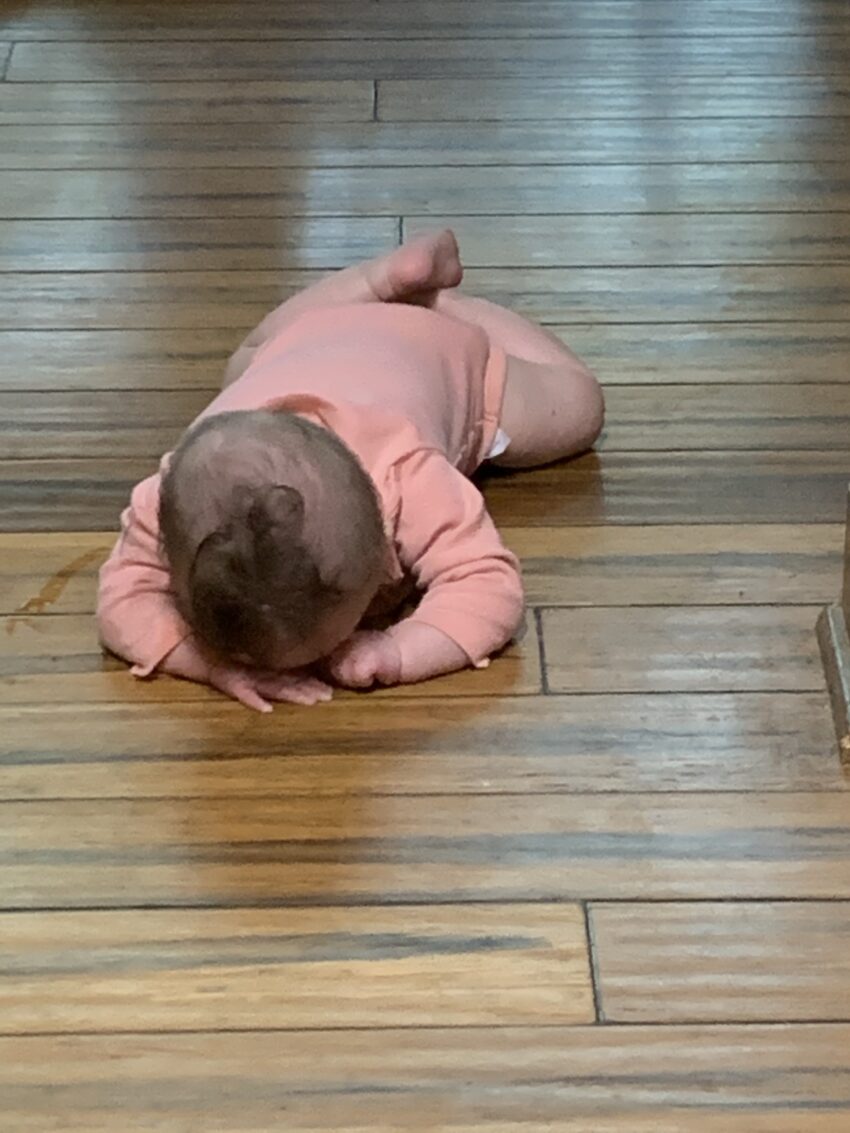In the large hotel ballroom, Julie began her address to the conference. Julie Wood was presenting the keynote address for the day at 8 AM to a group of regulatory officials and industry stake holders. I did not know that she was going to address the grief I was trying to conceal.
“You’re very good at compartmentalizing things” my director said as Julie’s session started. It was true. Not only am I a man and men are said to be able to compartmentalize easily, but I had also learned it was necessary to survive, especially since my wife died a month ago. That experience had made me the master of compartmentalization very quickly.
In the wake of grief following the loss of a loved one there are many things that must be done, such as deal with the plan for the body, decide on a service or not, notify banks and business as well as many other things that we never would think of until we go through the process. You must pull it together as best you can, setting your feelings aside for the moment while you take care of all the necessary tasks. That is the essence of compartmentalizing. I will deal with this compartment now and open the next compartment to deal with it when I am finished here.
The only problem is that when you are still very early in the process (like the first few days) the emotional compartment may boil over at any moment. Let’s say you have the funeral service compartment open. You react like a firefighter putting out the flame under the boiling emotion compartment temporarily and force the lid shut on it again. You finish with the funeral service compartment, walk out to a safe spot, and open the lid on the emotion compartment allowing it to spill all over you. This is survival. Fortunately, something called shock is building a defense for you.
Some of us get a fast full dose of shock immediately. I almost envy those, but no. That would mean the loss of the loved one was immediate with no warning and no chance to say whatever we wanted to say to them. Others will experience shock in a slow and creeping motion over a long period of time maybe even starting before the loss of the loved one. Mine was in the middle. I had two days to realize she was going, and I said everything I needed to say before she left. So, my shock started showing up in pieces and in the hours after she passed. I hit it in full just minutes before her service, seven days later. Then I became numb. I felt very little. The heat had been turned down considerably on my emotional compartment.
I stayed numb for two weeks, then the blessed Novocain-like effect wore off. The pain was intense, but now manageable. So many emotions could be processed now. Before I went in shock and became numb, they just boiled over everywhere. Now, I could think them through and talk about them without the flood of pain and tears. After almost two weeks of processing the feelings and thought absent shock and numbness, there were a few subjects that still brought such intense pain that I kept them compartmentalized with the lid shut. The biggest one was the guilt I felt for now feeling relief from the pressure of taking care of my wife with MS and spinal injuries. To most people that sounds like a non-problem. To a caregiver, it can be devastating.
The subject of Julie’s keynote address that morning was Compassion Fatigue. The objective was to consider the compassion with which we should approach others, but to also look at the person who practices compassion in times of crisis or stress and the overload which can affect their ability to continue being compassionate. In that, there were discussions of what steps or actions to take to relieve and refresh yourself so you can continue being the person of compassion that you are meant and designed to be.
As the discussion proceeded, I took stock of my present situation. I married my darling Pamela Joy knowing she had multiple sclerosis, known as MS. While she had few permanent effects at the time, I had researched the possibilities and accepted what my role would be if it became worse. One year into our marriage, it became worse. For the better part of 25 years, I was caring for my wife in one way or another. In the last 12 years, her need for my help was much greater. The care was mental, emotional, but mostly physical. I worried at times what would happen if I were hurt or became sick to the point that I could not lift her. I feared what would happen to her if I passed away before she did. Yet, it did not seem that it affected me.
I loved her and served her from a willing heart. I was passionate for her. I was compassionate for her. She was my heart. I wanted to serve her and could not conceive of not doing so for the girl who I loved so much.
With her passing, I was left with a hole in me. The hole is often described by someone who loses a spouse. My hole seemed even bigger to me because I had also lost my purpose, which was serving my wife. My passion was stifled without the focus of it. My compassion was blocked, since there was no one to expend it on. The hole in my life was huge.
There was, however, a flip side for me that was producing guilt. The mix of guilt and grief can be very toxic, compounding the healthy grieving process. The problem? I felt relief that the pressure of caregiving had come to an end. I felt it everywhere in my being except mentally. My mind could not accept that thought.
My muscles were no longer stressed. My back did not hurt in the usual place. I used to collapse at the end of the day, sleep hard and wake up tired, but now I slept much less and woke up refreshed. I did not have to figure out the logistics for doing what we wanted to do. Life was drastically easier except for the pain of loss. I felt those feelings were disrespectful, unfaithful, and downright unloving to my departed wife. Conclusion, I was a terrible husband. And guilt worked its way in, complicating my grief.
Julie had opened my eyes. In my years of taking care of Pam, I had recognized that there were times I needed to refresh while caring for my wife. During the keynote address, I recognized the steps to refresh my compassion and care for her which I had taken in the past. Understanding that, allowed me to accept that the things I was experiencing now were natural reactions to the abrupt and final end to my caregiving for her. I was recovering from compassion fatigue. Better yet, I realized this was normal, and I was not a terrible husband or person. I was just a human in pain and recovering.
I caught Julie and her husband, Leonard, as they walked out of the ballroom foyer. “I have to thank you for the presentation. I had no idea when I decided to come to this regulator’s conference that I would be confronting my grief and getting counsel that would open the door to healing. You brought that to me today, Julie. Thank you.”


As always Brad, this is beautiful work. I thought the tribute couldn’t be topped, but the words you wrote with such sweet honesty paint a clear picture of grief. This will no doubt bless another hurting soul. God continues to use you in a mighty way.